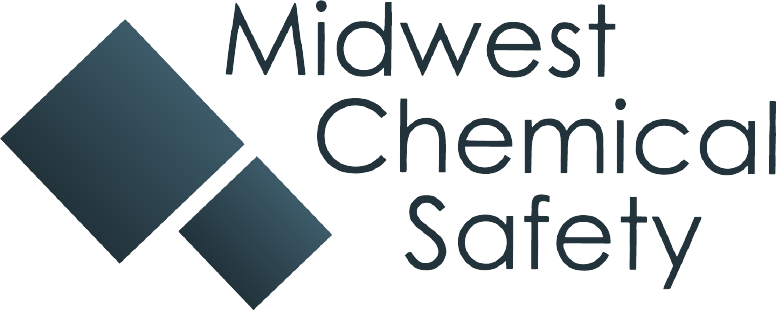Last week I did something that I don’t do often: I walked away from a (potentially) large and intellectually stimulating contract that was well within my company’s wheelhouse. It was not an easy decision.
In late 2021, I was approached by a very large organization for a decent-sized project. (We’ll refer to them as LO for the remainder of this post.) After introductions and a couple of hours of conversations with multiple decision makers we arrived at the “we really need you” stage and moved to the most sensitive part of the whole business dance: Contract negotiation. Most of the time this goes quite smoothly. This time it did not.
As with many very large organizations, LO had an established, rigid, bureaucracy in their project management office, replete with processes and procedures to address all kinds of business issues such as contract performance metrics, time/material costs and just about everything imaginable under the sun. On the other hand, Midwest Chemical Safety (MCS) is small and nimble. While MCS indeed has processes and procedures in place (e.g. “Terms and Conditions for Projects” or T&C), we are generally able to adapt to larger organizational structures. But sometimes it just doesn’t work out.
After satisfactorily negotiating most of the differences between LO’s policies and MCS’s T&C, I insisted that LO specifically address certain aspects of MCS’s with respect to compensation for foreseeable contingencies so that they would not have to be addressed if those contingencies were realized. Since LO did not anticipate those contingencies during the contract, they would not include them in the contract language; stating that “we could include it later if it comes up.” Unfortunately for both of us, I considered addressing these issues as vital to the overall contract and it was unacceptable to me.
“We can include it later” (or “we’ll take care of it later”) is a real red-flag in both contract negotiations and project management, though I can understand both perspectives: From MCS’s perspective, there is absolutely no reason not to include foreseeable aspects of the project up-front, even if they are not realized in during the life of the project. That is, it will cost LO nothing if the issues do not arise. From LO’s perspective, creating a policy or process to address specific issues outside of their established bureaucracy takes time and talent that may be better spent elsewhere, preferring instead to address it through change management. Regardless, I believed LO’s final proposal carried too much risk in terms of delay of the project deliverables or worse, the project not being satisfactorily completed.
If you are starting or are involved in a small business, there are several lessons to be learned:
· Already have in place a set of Terms and Conditions for your products and services. If you have not done this already, do it today!
· “Everything is negotiable” to a point, but you need to understand items in your T&C that are not up for negotiation. Those are the deal breakers. For example: Will you accept the Federal mileage reimbursement rate if your company’s mileage rate is higher? Are cancelled meetings billable (partially or in whole)? How will travel to cancelled meetings be handled?
· Be prepared to walk away when necessary. As a small business owner, you cannot risk bad contracts that put your company at financial or reputation loss.
· Negotiation breakdowns are just a part of business. Don’t take it personally.
· Never put yourself in a position where you cannot walk away from a negotiation.
Having a written set of Terms and Conditions is key to the start of contract negotiation. Understanding what you can and cannot “give away” during negotiation and having the willingness to walk away from the table when it just won’t work out is the key to successful negotiation.
Want to take your EHS Team to “Best in Class” but don’t quite know where to start? Call Midwest Chemical Safety, LLC, 217-971-6047 or contact me by email at harry@midwestchemsafety.com

